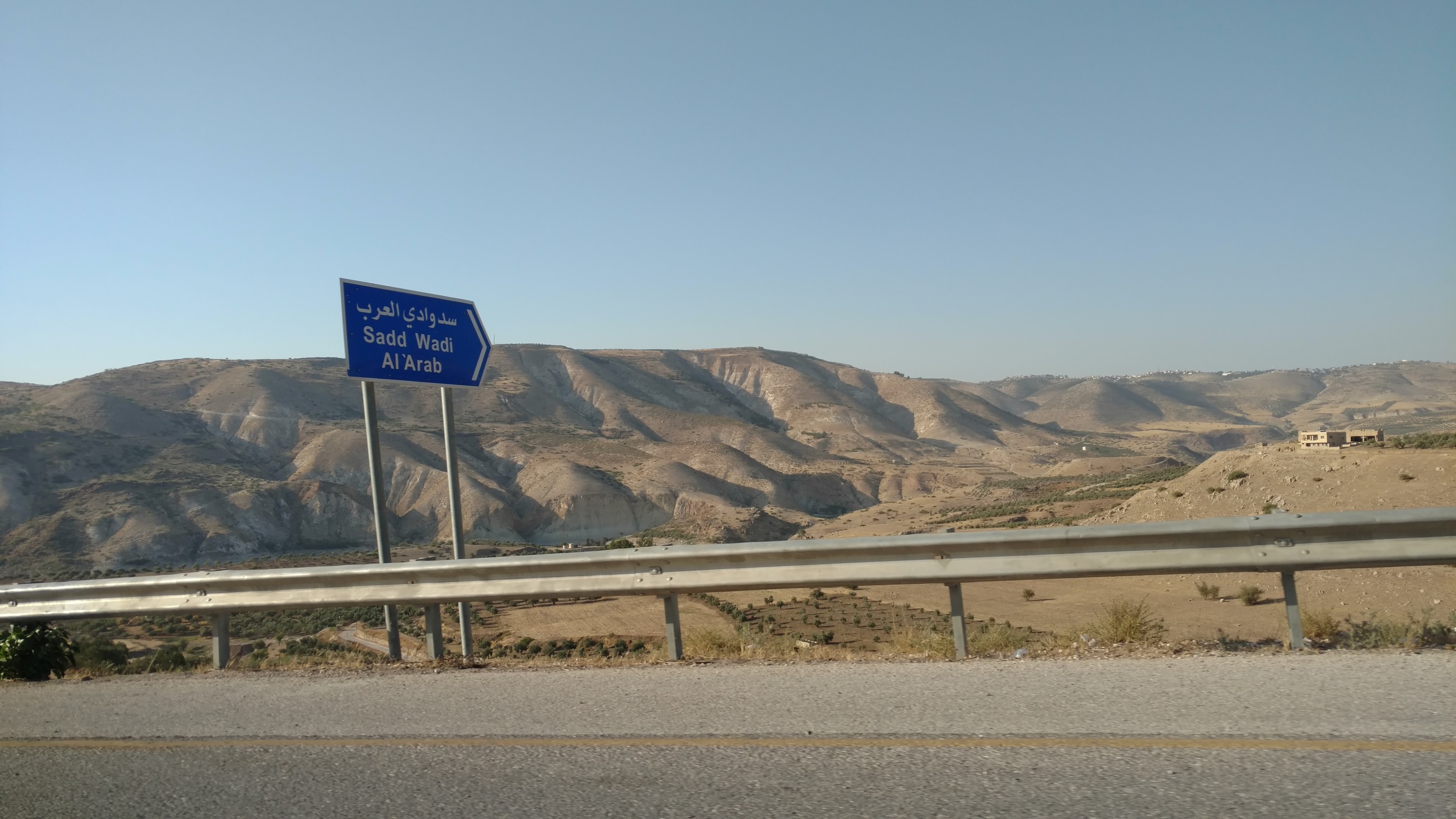““A tree begins with a seed.”
(أول الشجرة بذرة)
-Arabic Proverb”
At 7:50 p.m., we began to eat. The sound of clinking cutlery mixed with bird’s song marked the end of the longest day of Ramadan — and of the year. The first food or liquid in close to 15 hours, we gulped down water and filled our stomachs. We sat together, executive director next to park staff, enjoying a meal complete with fresh hummus, brightly colored vegetables, and plum-colored juice. The hum of the forest and our communal gathering highlighted what the holy month was all about — charity - towards others and the environment.
We had our meal in Ecopeace Middle East’s EcoPark, which is recognized as a leading model of sustainable tourism development and habitat preservation in the region. Located approximately 2 hours outside of Amman, it hosts thousands of school groups and eco-friendly travelers who visit the park to learn about plant and wildlife in the Jordan River Valley. Guests can enjoy activities such as ziplining, mountain biking, and nature walks.
The park’s arrival in the early 2000s left a permanent mark on the land. The EcoPark once looked like the areas that surround it — golden, barren hills with few trees and no water. The original 27 acres had been degraded over the years by overgrazing, exploitation, and erosion. That all changed when EcoPeace staff, students, rangers, and community members planted thousands of trees, making way for the restoration of a healthy valley ecosystem.
Now, the park has grown to over 650 acres and is is home to a wide variety of birds, reptiles, amphibians, and mammals. Tall trees shade the picnic area and wildflowers blossom near the cabins. Park structures are constructed out of eco-bricks, made from recycled materials such as plastic bottles. EcoPeace’s other two EcoParks, located in Auja, Palestine and Ein Gedi, Israel, boast solar cookers and composters as well as natural mud structures and wetlands that reduce the effects of greywater on the environment.
After eating our third and final course, we began our drive back to Amman. The land looked different in the moonlight. We saw a few teenagers sitting on the side of the road, and then there were people everywhere. Mothers and fathers carried their children, and groups of young men blocked traffic. The projects coordinator commented that, “they simply have nowhere to go, no where to hang out after dark.”
In rural towns and communities such as this, people, especially youth, have trouble finding work. Some move to larger cities such as Amman or Irbid, while others search in vain for economic opportunities back home. According to the International Labor Organization, youth unemployment is as high as 24% in Jordan. This number has prompted a response from the government as well as the international aid community. EcoPeace, along with other nonprofit organizations, is leading the way towards reducing rural youth unemployment.
To help improve economic opportunities in the valley, EcoPeace employs workers, especially young men, from surrounding areas. Thus, local community members enjoy both ecological and economic benefits from the EcoPark. This result opposes conventional wisdom that says that sustainability and economic growth are diametrically opposed, demonstrating that they can in fact be two sides of the same coin.
Under the Ramadan moon, we honored the tenet of charity. The EcoPark has always represented more than just a ecological reserve. Upon its establishment, it planted a seed for the environmental, economic, and social prosperity of the area. Through community involvement and staff dedication, the park continues provide dividends for local people, endemic wildlife, and the thriving ecosystem.
EcoPeace Staff at the Sharhabil bin Hassneh EcoPark in Jordan





